On Monday, Chief Adviser Professor Muhammad Yunus approved the licensing of Starlink, the American provider of Non-Geostationary Satellite Orbit (NGSO) services.
According to the Chief Adviser`s Press Wing, the Bangladesh Telecommunication Regulatory Commission (BTRC) issued the "Non-Geostationary Orbit (NGSO) Satellite Services Operator in Bangladesh" licensing guidelines on March 25.
Following these guidelines, Starlink Services Bangladesh submitted its application to the BTRC, along with the necessary fees and documentation, to secure an NGSO Satellite Services Operator License.
The decision to grant the license was made during the BTRC’s 294th Commission Meeting held on April 21.
With this development, Bangladesh becomes the second country in South Asia, after Sri Lanka, to host the global satellite internet provider.
Commenting on the milestone, Faiz Ahmad Taiyeb, Special Assistant to the Chief Adviser on Posts, Telecommunications and Information Technology, said the demand for Starlink intensified during the July uprising against the former Sheikh Hasina government, when repeated internet shutdowns highlighted the need for resilient connectivity.
He added that the Chief Adviser aimed to position Bangladesh as a welcoming destination for investment.
Faiz emphasized the urgent need for reliable, high-quality internet services in Bangladesh’s haor regions, islands, remote hilly areas, and disaster-prone coastal zones.
"In response to demands for rapid deployment of high-speed internet in areas where fiber networks have yet to reach, the Chief Adviser personally contacted SpaceX CEO Elon Musk, requesting Starlink`s launch in Bangladesh within 90 days," Faiz said.
He noted that agencies including Bida, BTRC, the Ministry of Posts, Telecommunications and Information Technology, and the Chief Adviser’s office collaborated closely to facilitate this process.
Faiz highlighted that one of Starlink’s major advantages is its ability to provide uninterrupted high-speed internet even during power outages—a common issue that hampers traditional ISPs.
He pointed out that during prolonged blackouts, mobile towers often lose battery backup, disrupting mobile internet services. Starlink, however, would remain unaffected.
Faiz also stressed that Bangladesh’s fiber network coverage is limited, with much of the existing infrastructure falling short of telco-grade standards. He mentioned that around 65% of telecom towers in Bangladesh still lack fiber connections and depend on low-capacity microwave links.
He further noted persistent challenges in mobile network coverage and capacity, especially regarding highway mobility.
Starlink, he said, is expected to address these shortcomings comprehensively.
Additionally, Faiz mentioned that Starlink’s entry would intensify competition in the mobile and broadband internet sectors, shifting the market away from traditional voice and data bundle models toward a more digitally-driven service ecosystem.
He concluded by saying Starlink’s services would usher in a new era of deregulation in Bangladesh’s communications sector, driving competition and ensuring seamless, high-speed internet access across both urban and rural areas.


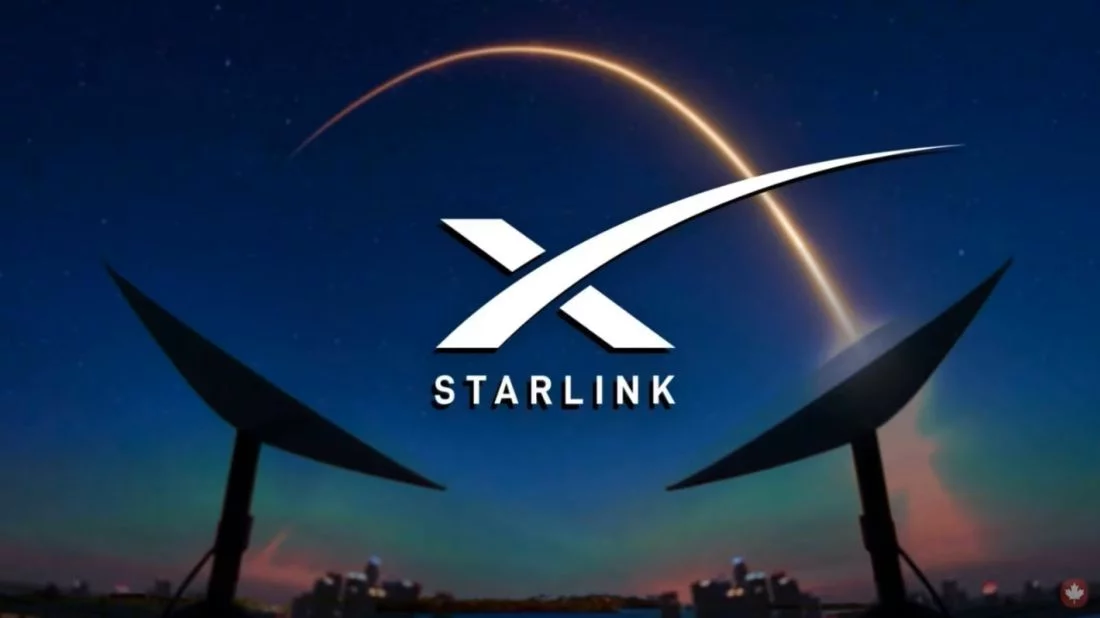

-20260228080513.webp)

-20260224065127.webp)
-20260222063838.webp)





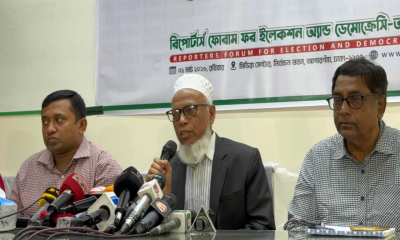



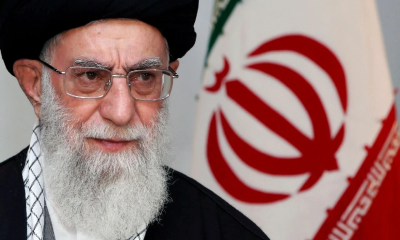
-20260301064029.webp)
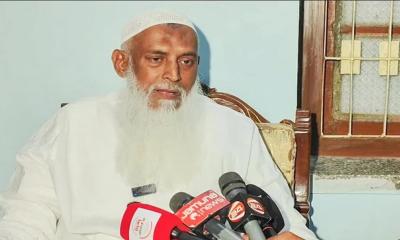
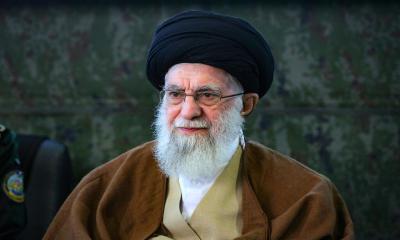

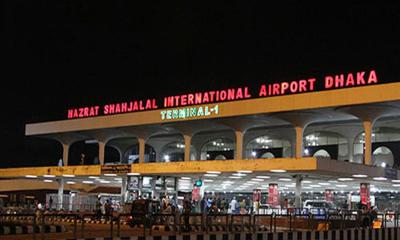






-20260224075258.webp)






-20260225072312.webp)
